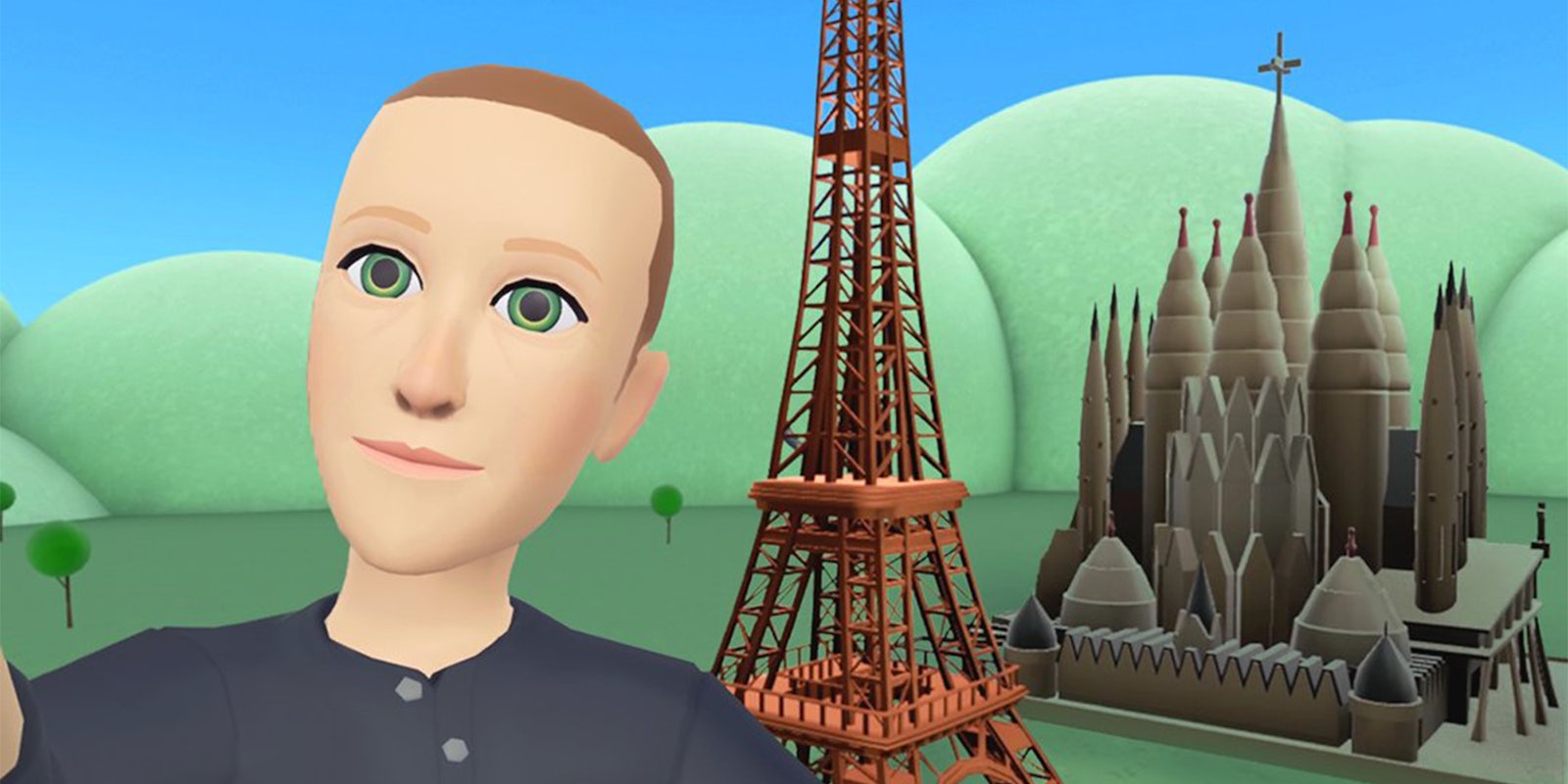Despite Mark Zuckerberg’s best efforts, the Metaverse is still struggling to take the world by storm.
In theory, Zuckerberg hopes that VR social platforms will become as ubiquitous and influential as Facebook. But Meta’s virtual reality projects have a PR problem, both due to logistical issues like racism and sexual assault from users, and the fact that many people just don’t see the point of the Metaverse.
When Zuckerberg announced the expansion of Meta’s VR platform Horizon Worlds this week, the chief response on Twitter was mockery.
As a combination of game and social platform, Horizon Worlds is often compared unfavorably to the long-running online game Second Life, facing criticism for glitches and ugly graphics. However, it’s still managed to attract 300,000 users since it launched in the U.S. last year.
Horizon Worlds users can chat with each other, play games, and explore the platform’s virtual space, with Meta emphasizing the potential for businesses to adopt similar technology for meetings and workplace collaboration.
So far though, it hasn’t received good reviews on a gameplay level. And despite its fast growth over the past few months, it’s struggling to inspire positive word-of-mouth buzz. When you look up Horizon Worlds on TikTok, a lot of the top results appear to be sponsored content from influencers trying to recruit new users to the Metaverse, rather than organic posts about the platform. (Notably, many of these TikTokers have deactivated their comments.)
One key problem is the way Meta and Zuckerberg represent their Metaverse plans to the public, with imagery that often looks clunky or soulless compared to what people are used to seeing in contemporary video games.
There’s no better example than the screenshot Zuckerberg posted on Facebook this week, inspiring snarky remarks like, “This literally cost $10 billion,” and “Come work for Meta, where the most brilliant technologists of the day have achieved 1995 level graphics.”
While Meta is keen to hype up the idea of Horizon Worlds as the exciting new frontier of social media, this kind of image just doesn’t reflect that idea. On a basic aesthetic level, it just isn’t pleasant to look at. Rather than inviting us to explore an immersive, futuristic environment, it looks like one of those low-budget Taiwanese news animations.
Unless you’re already all-in on the whole Metaverse concept, it’s hard to see the appeal.


